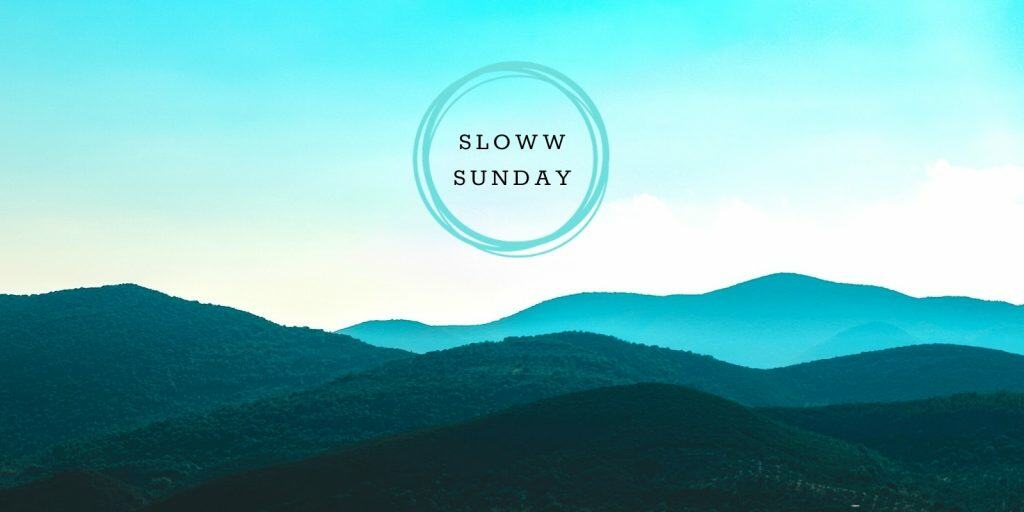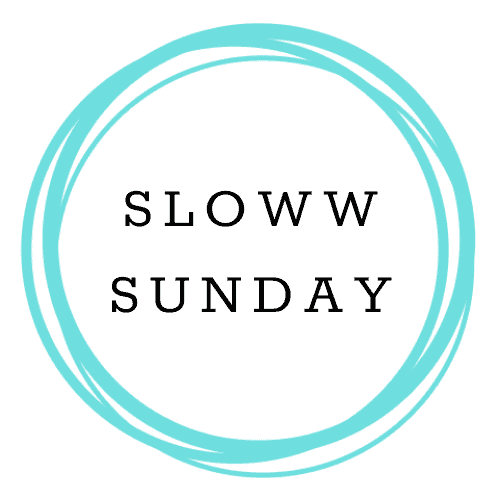Sign up to get the Sloww Sunday newsletter via email for free:👇

Sloww Sunday Newsletter 096 (Feb 20, 2022) — Cultural Renaissance, How to Think, What is Enlightenment, & More
Happy Sunday!
Here’s the latest from Sloww along with the most interesting things I discovered last week.
To respect your time and attention, every newsletter can be read in under 5 minutes. If you enjoy it, please take 5 seconds to forward the email version to some friends and family. 🙏
🌀 Sloww Stuff
🌎 The Consilience Project 101: An Introduction to the Catalyzing of a Cultural Renaissance
Daniel Schmachtenberger’s initiative The Consilience Project is already turning a year old! If you haven’t heard of it, start here.
🔒 The Consilience Project Synthesis: How to Think Clearly in the midst of Information Warfare
In the last year, The Consilience Project has published 18 articles. I just read all of them. This Premium post synthesizes the concepts and principles that I think are most critical to understand: Irregular Warfare (Information & Psychological), Propaganda (Propagation of Ideas), Facts as Weapons, Brainwashing, Motivated Reasoning, Frame Control, Societal Autopoiesis, Education, and Epistemics.
🧠 Modern Knowledge
How to think, not what to think
15 mins | TEDx (YouTube)
This is a TEDx Talk by Jesse Richardson, founder of School of Thought—an online learning environment that is free for students, teachers and universities all over the world. The purpose of The School of Thought is to help us question all schools of thought—to teach the next generation how to think, rather than what to think, so we can rise to the challenges of the 21st century.
“When thinking creatively and thinking critically work together, amazing things happen—da Vinci moments born from the cognitive alchemy of a mind that is free to play and explore, yet also disciplined to apply reason and rationality. And, such a mind is also a fortress of understanding.” — Jesse Richardson
☯️ Timeless Wisdom
What is Enlightenment? How Can it Happen For Me?
17 mins | Rupert Spira (YouTube)
Another excellent video from spiritual teacher Rupert Spira.
I also asked Twitter for the simplest definition of “enlightenment” and received almost 50 responses.
Pair with: “Being Myself” by Rupert Spira: Book Summary + Premium Summary
“We set up a goal to experience this marvelous experience that we have heard about or read about. Nothing could be further from the truth. Enlightenment, or awakening, is not an extraordinary, exotic experience. Indeed, it is not an experience at all. It is simply the recognition of the nature of our being which underlies and pervades all experience.” — Rupert Spira
🤯 Mind Expanding
This is what it takes for you to exist
Twitter
This is the amount of life it takes for humans to exist (can you spot the tiny little branch of humans?):
On that tiny little branch of humans, this is a snapshot of the amount of humans it takes for you to exist:
💡 New Learning
Chesterton’s Fence
Wikipedia
The principle that changes should not be made until the reasoning behind the existing state is understood.
Here’s a great description in his own words:
“In the matter of reforming things, as distinct from deforming them, there is one plain and simple principle; a principle which will probably be called a paradox. There exists in such a case a certain institution or law; let us say, for the sake of simplicity, that there is a fence or gate erected across a road. The more modern type of reformer goes gaily up to it and says, ‘I don’t see the use of this; let us clear it away.’ To which the more intelligent type of reformer will do well to answer: ‘If you don’t see the use of it, I certainly won’t let you clear it away. Go away and think. Then, when you can come back and tell me that you do see the use of it, I may allow you to destroy it.’ This paradox rests on the most elementary common sense. The gate or fence did not grow there … Some person had some reason for thinking it would be a good thing for somebody. And until we know what the reason was, we really cannot judge whether the reason was reasonable. It is extremely probable that we have overlooked some whole aspect of the question if something set up by human beings like ourselves seems to be entirely meaningless and mysterious.” — G. K. Chesterton (1929)
💭 Deep Thought
You can read 1,500 books in your lifetime (which is only .001% of all books that exist).
If you read 30 minutes/day, you can read 30 books/year (at an average reading speed of 200 words/minute and average book length of 75,000 words/book).
Over 50 years of lifelong learning, you can read 1,500 books/lifetime. Does 1,500 books over a lifetime seem like a lot or a little to you? It may seem like a lot until you understand that some estimates say 130,000,000+ books exist. That means you can only read .001% of all books during your life. Choose wisely.
“Read the best books first, or you may not have a chance to read them at all.” — Henry David Thoreau
💬 Wise Words
Education is not the learning of facts, but the training of the mind to think.
— Attributed to Albert Einstein
Sharing: If you enjoyed this issue, please help grow Sloww by forwarding the email version of this issue to some friends and family. It’s free for them to subscribe here.
Support: Sloww is a one-human labor of love (it’s just me over here 👋). Your support keeps the site ad-free and invests in me while you invest in yourself—a true win-win! There are a few financial and free ways to support.
Feedback: Have something you want to say, or just want to say hi? It’s always greatly appreciated. Just send me an email or reach out socially.
Have an alive week!
Kyle Kowalski
Synthesizer & Solopreneur, Sloww





